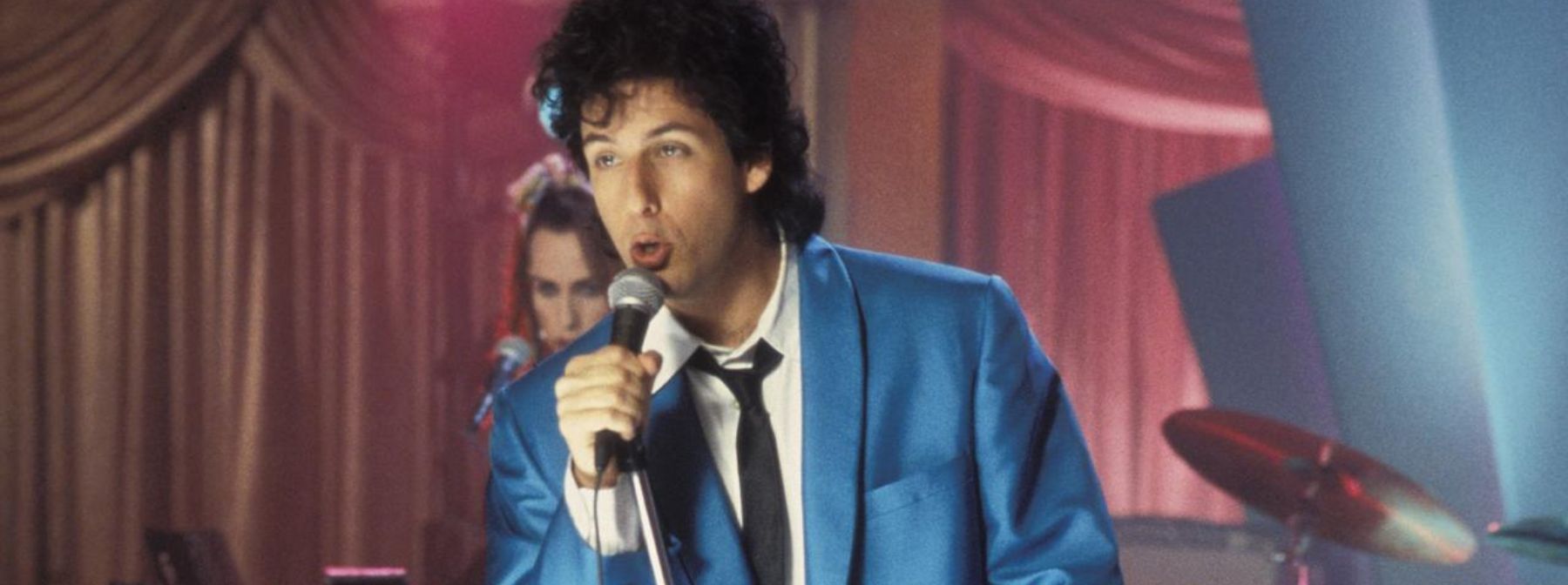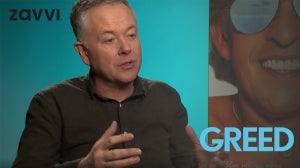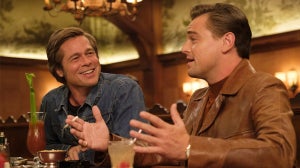
Telling the story of a down-on-his-luck former member of a failed rock band, featuring several overblown references to pop culture of the '80s before that was trendy, it had all the ingredients for another slacker hit.
But there was one crucial difference between wedding singer Robbie Hart and Sandler's previous leading roles. Instead of playing a man child (Billy Madison) or a slob taking on snobs (Happy Gilmore), here he had to downplay his wacky comedic persona to become something resembling a conventional romantic lead.
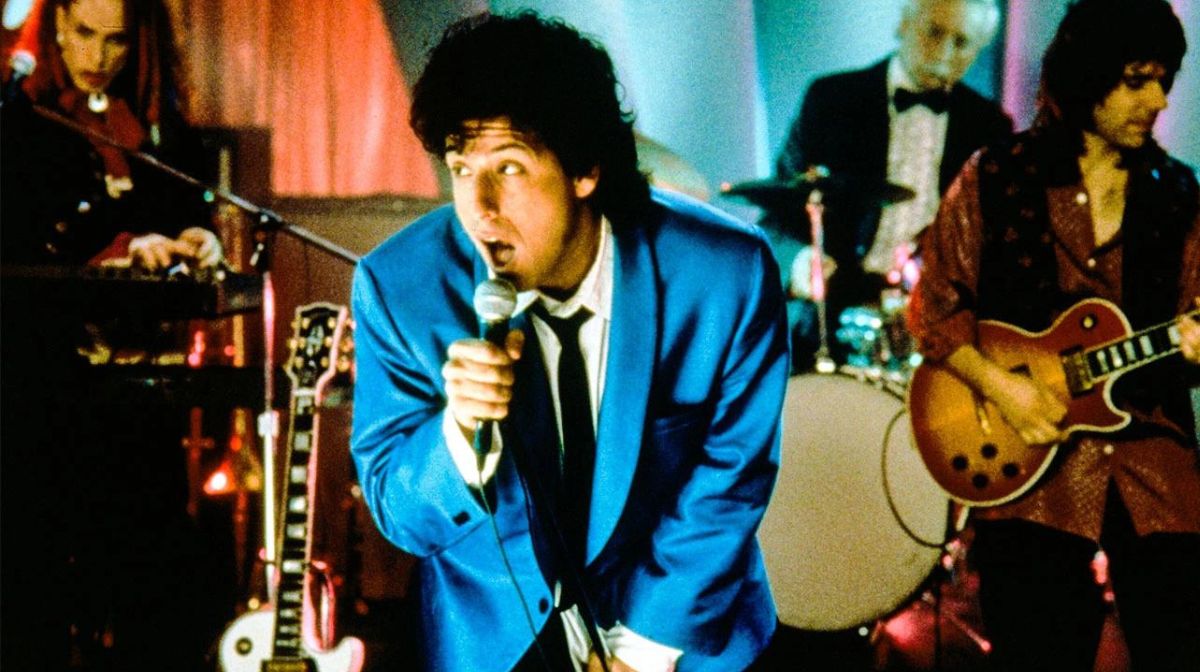
It was a success and is rightly held up as one of the actor's best comedies to this day!
However, it's often overlooked just how big of a departure The Wedding Singer was from Sandler's previous vehicles, being the perfect stepping stone for his pivot towards dramatic features later on in his career.
He may have continued to make lowbrow, critically derided comedies, but one thing was suddenly apparent: you couldn't call Adam Sandler a bad actor as easily as some would have preferred to.
A Tailor-Made Role
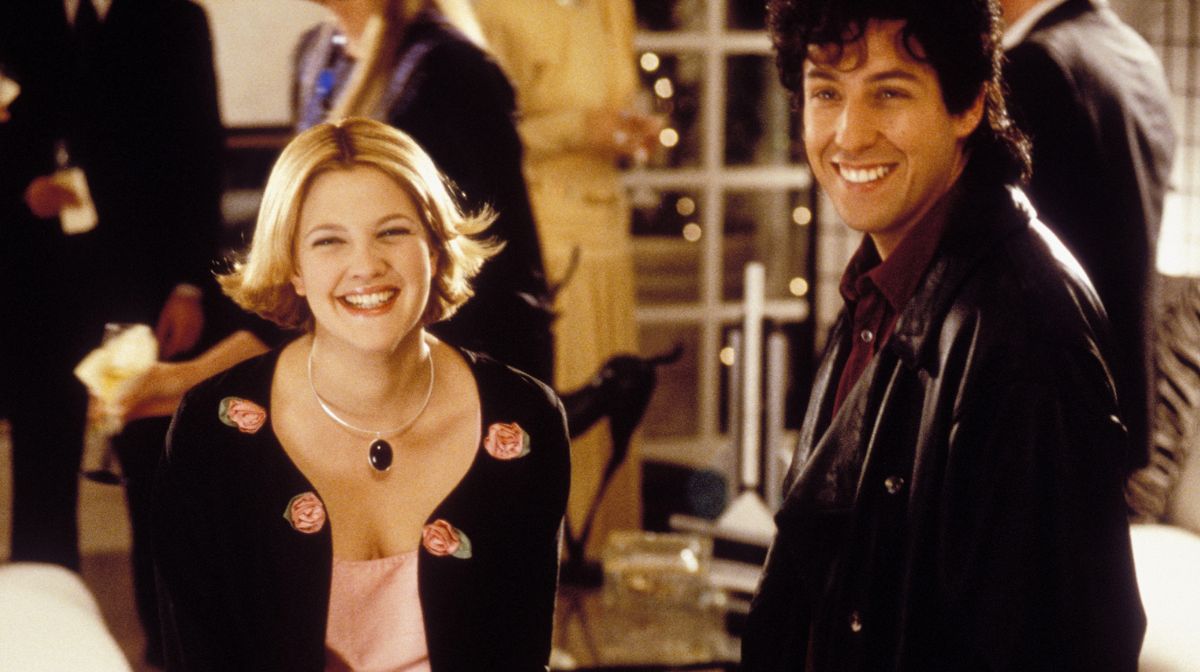
Another reason it's strange to consider Robbie Hart a departure from Sandler's previous outcast protagonists is because the film was always written as a vehicle for him.
In fact, when Sandler initially pitched the idea of a movie about a wedding singer getting ditched at the altar to his screenwriting collaborator Tim Herlihy, he didn't approach the material in a different way, assuming this would be no different to their previous comedies together.
This slowly shifted during the film's production process, first following Herlihy's own wedding, which informed script revisions to achieve a more romantic tone.
Then the casting of Drew Barrymore as female lead Julia pushed this even further, with Herlihy and Sandler both becoming aware of the pair's on-screen chemistry, helping transform the film into even more of a conventional rom-com - which for Sandler, at the time, was completely alien territory.
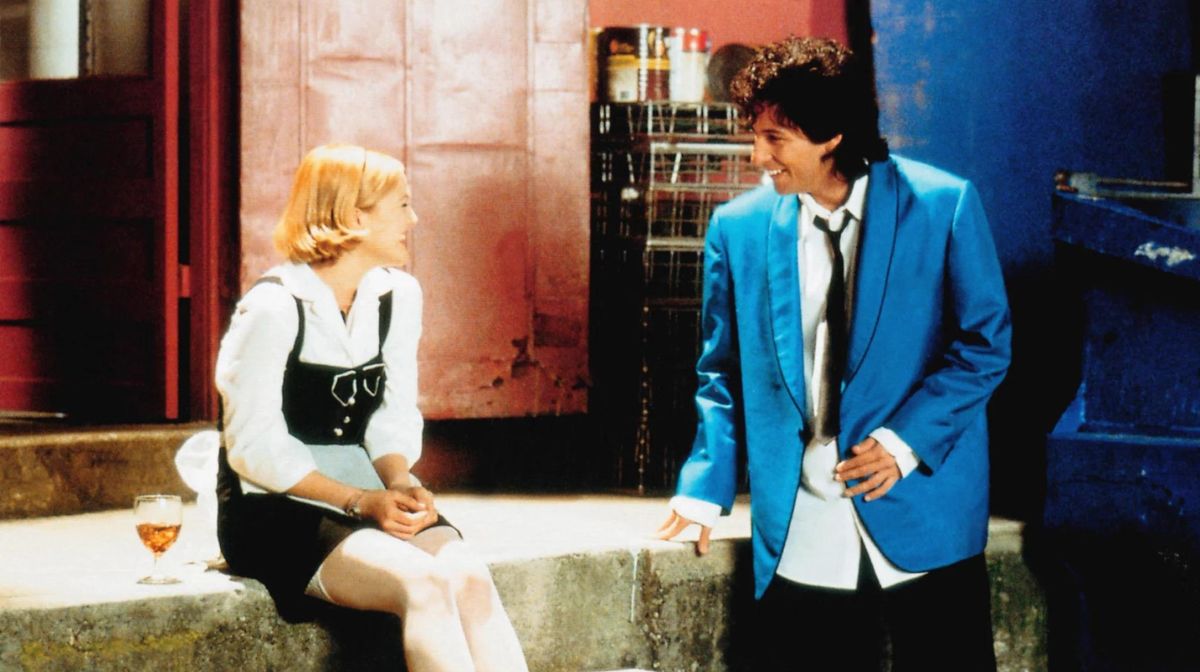
Carrie Fisher was hired to help with rewrites, as the team strived to ensure the film had a "female perspective" lacking from the comedy star's prior big screen projects.
Test screenings showed that this was a success, even if some critics initially found this to be an awkward bridging of the gap between Sandler's personal comedic sensibility and a genre seemingly ill-suited for him: Roger Ebert described the screenplay as feeling like "a collaboration between Jekyll and Hyde".
But this was a minor complaint considering the immediate rapturous response from audiences, which translated very quickly into a stage musical adapted by Herlihy himself.
It may have been cornier than what we've come to expect from one of the silliest men in cinema, but it was a better fit for his brand of comedy than anybody could have anticipated.
A Dramatic Stepping Stone
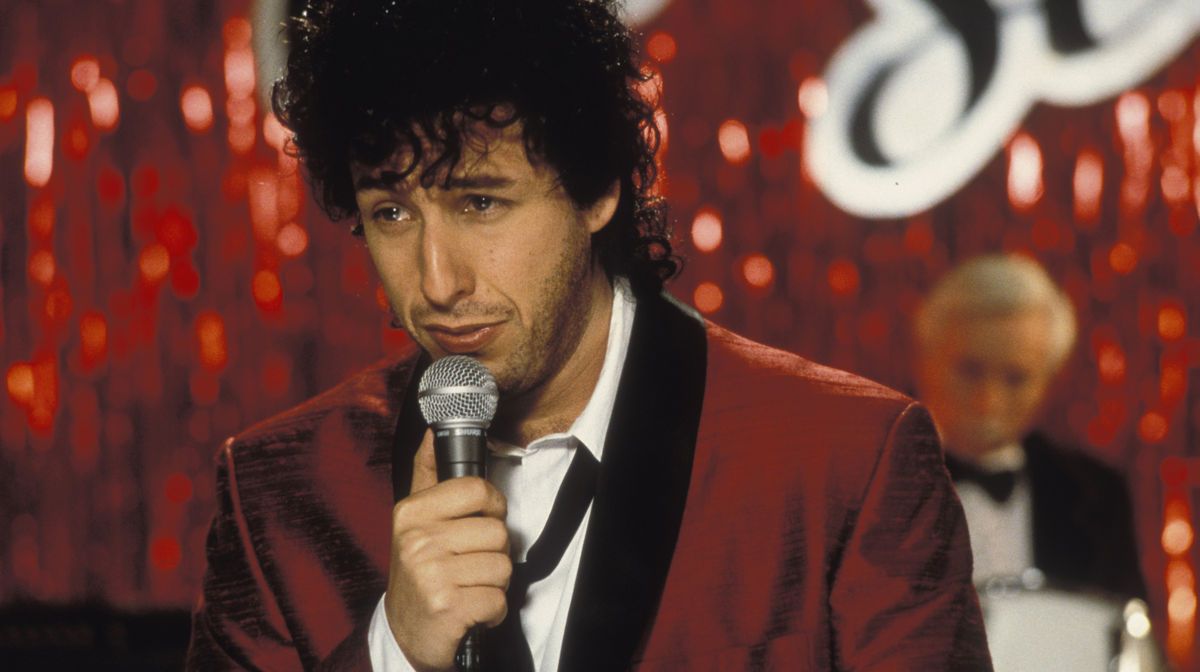
When he's playing characters who are more down to Earth, Sandler's ability to find comedy within frustration and anger is the most powerful weapon in his arsenal.
Whilst this is still funny today - more on that coming up shortly - The Wedding Singer managed to find more depth beyond the sight of a grown man powerfully venting at the world around him.
Upon introduction, Robbie Hart looks like the archetypal Sandler figure: when he's jilted at the altar in the first act, his emotionally devastated performances at subsequent weddings drive the laughs forward in the exact way you'd expect.
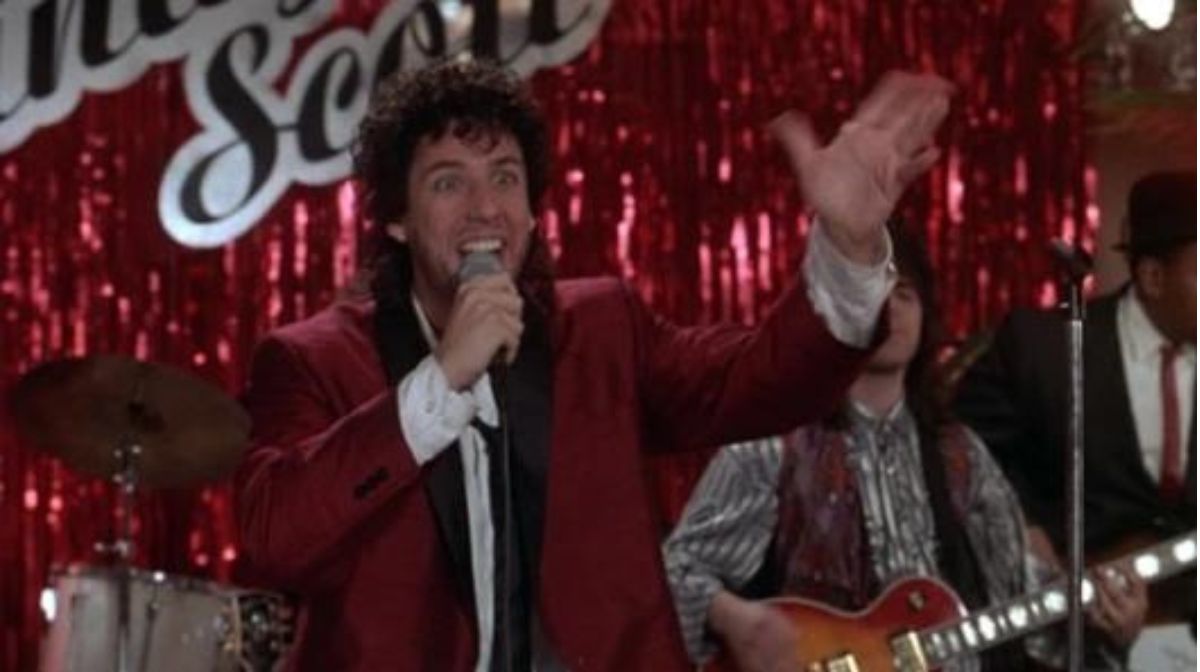
You can see why this is a role perfectly written for Sandler, blending the rage with his innate musical talent into several winning set pieces.
But the film pushes this further, exploring his depression and how he gets overs his past engagement - adding stakes to the romantic drama, rather than leaving them as an afterthought to another study of an angry guy.
This may only play out subtly - you can see why Sandler fans still turned out in droves - but it is the first sign of a depth to his screen persona that many other directors would further explore in the years to come.
Sandler 2.0
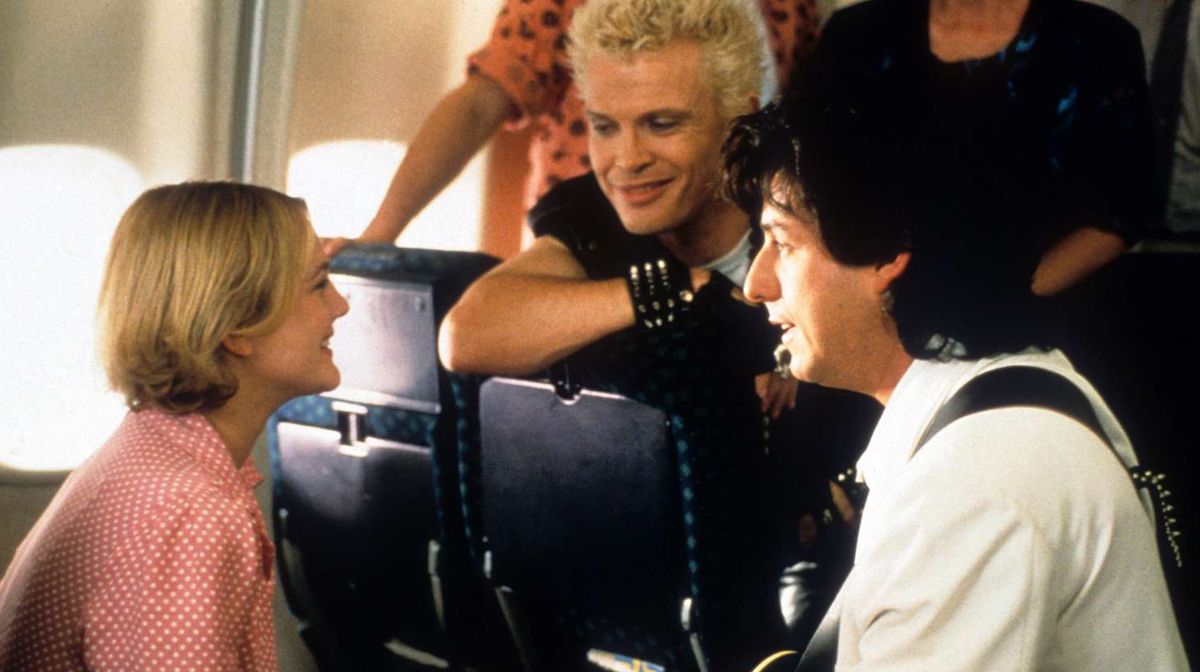
Alongside 1999's more grown-up comedy Big Daddy, Sandler's transformation into an intriguingly flawed romantic lead and family man was getting sealed, despite still largely being ignored by critics.
When director Paul Thomas Anderson announced at a press conference that his next film was going to be an Adam Sandler comedy because of his love for them, those in attendance laughed back at him.
Sandler too was daunted by the prospect of starring in one of Anderson's films after being approached, but the film they made together (2002's Punch-Drunk Love) proved to be the next step in his evolution as both an actor and a romantic lead, as it took one of his sillier, angrier characters at face value.
It's a swooningly romantic, deeply melancholic comedy - but one that crucially understands you don't have to dig too deep beneath the layers of a classic Sandler character to reveal this.
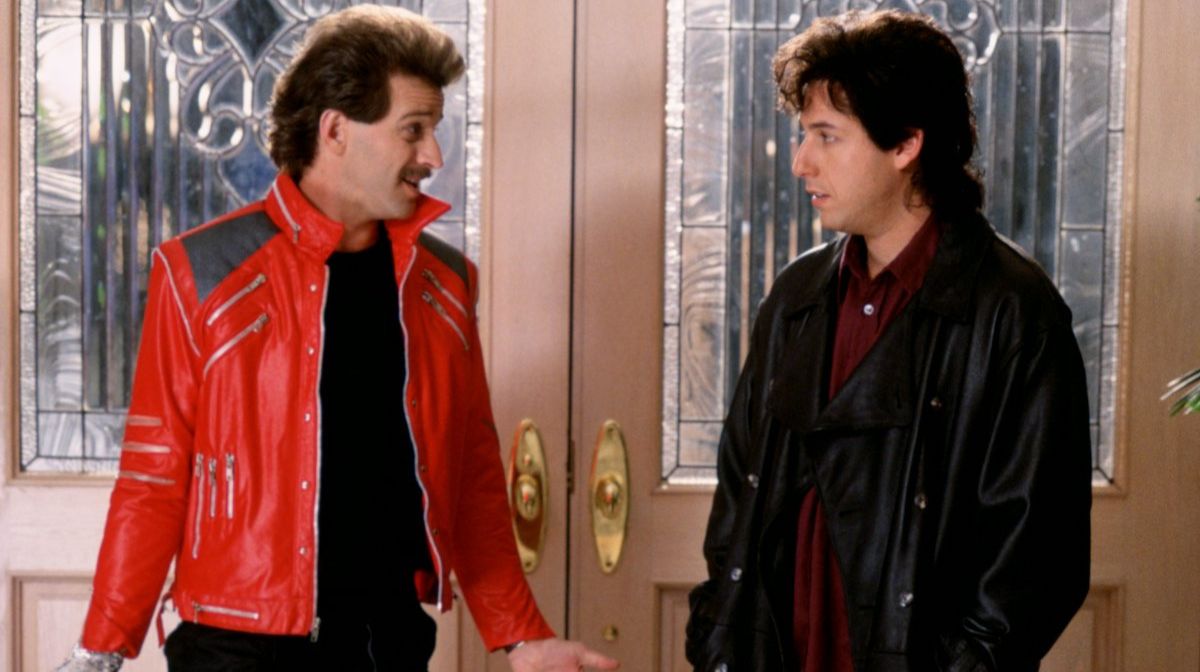
It's likely Sandler wouldn't have taken the leap to work with one of America's most acclaimed directors had he not started finding new depth within his screen persona following The Wedding Singer - and in the years following, he kept challenging himself.
Working with the likes of James L. Brooks and Judd Apatow, he aimed to further play against his screen status in the poignant dramedies Spanglish and Funny People.
Eventually, even his own comedies became more emotionally charged - yes, we did cry at Click, is what we're trying to say here.
Now that Sandler has had a major critical renaissance following the well-received likes of Uncut Gems and Hustle, it's no longer fair to call him an underrated dramatic performer. It's just taken 25 years since his first major leap for us to finally arrive here.
For all things pop culture, follow us on Facebook, Instagram, Twitter, and TikTok.

